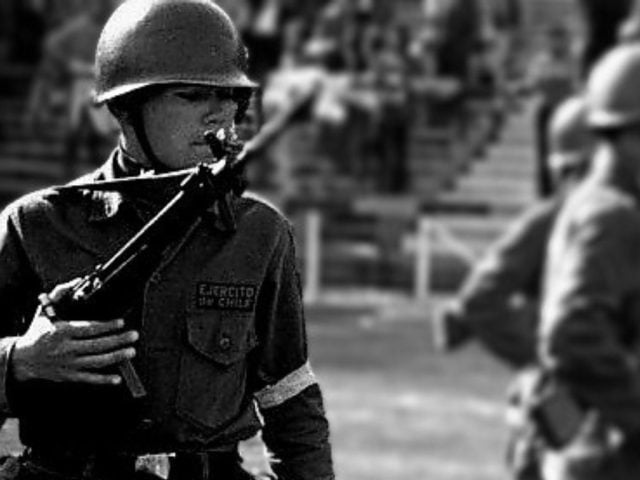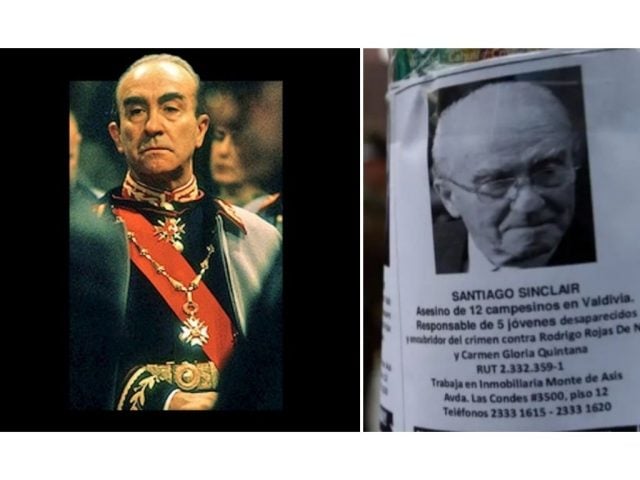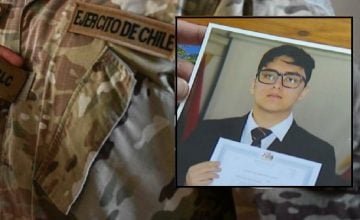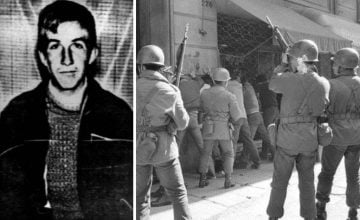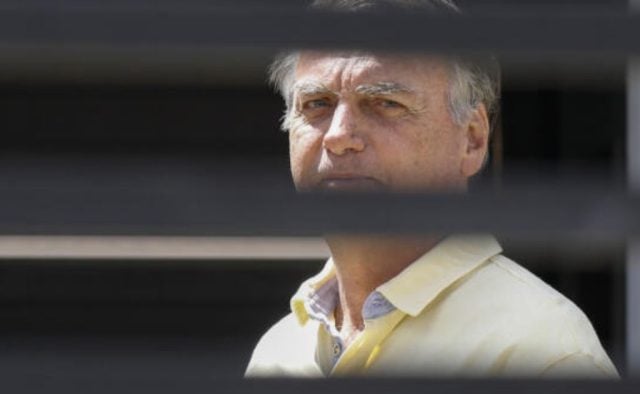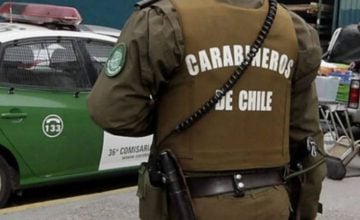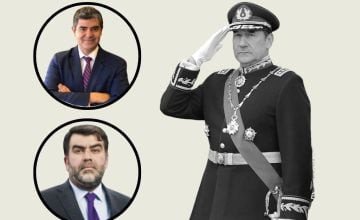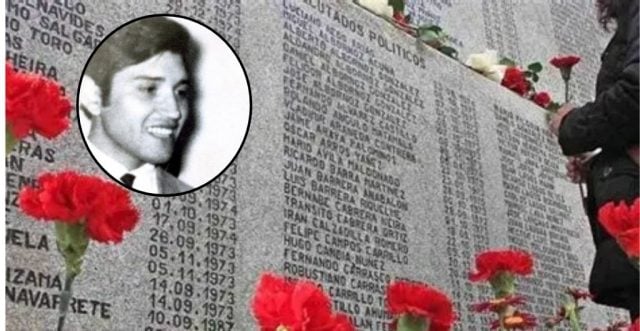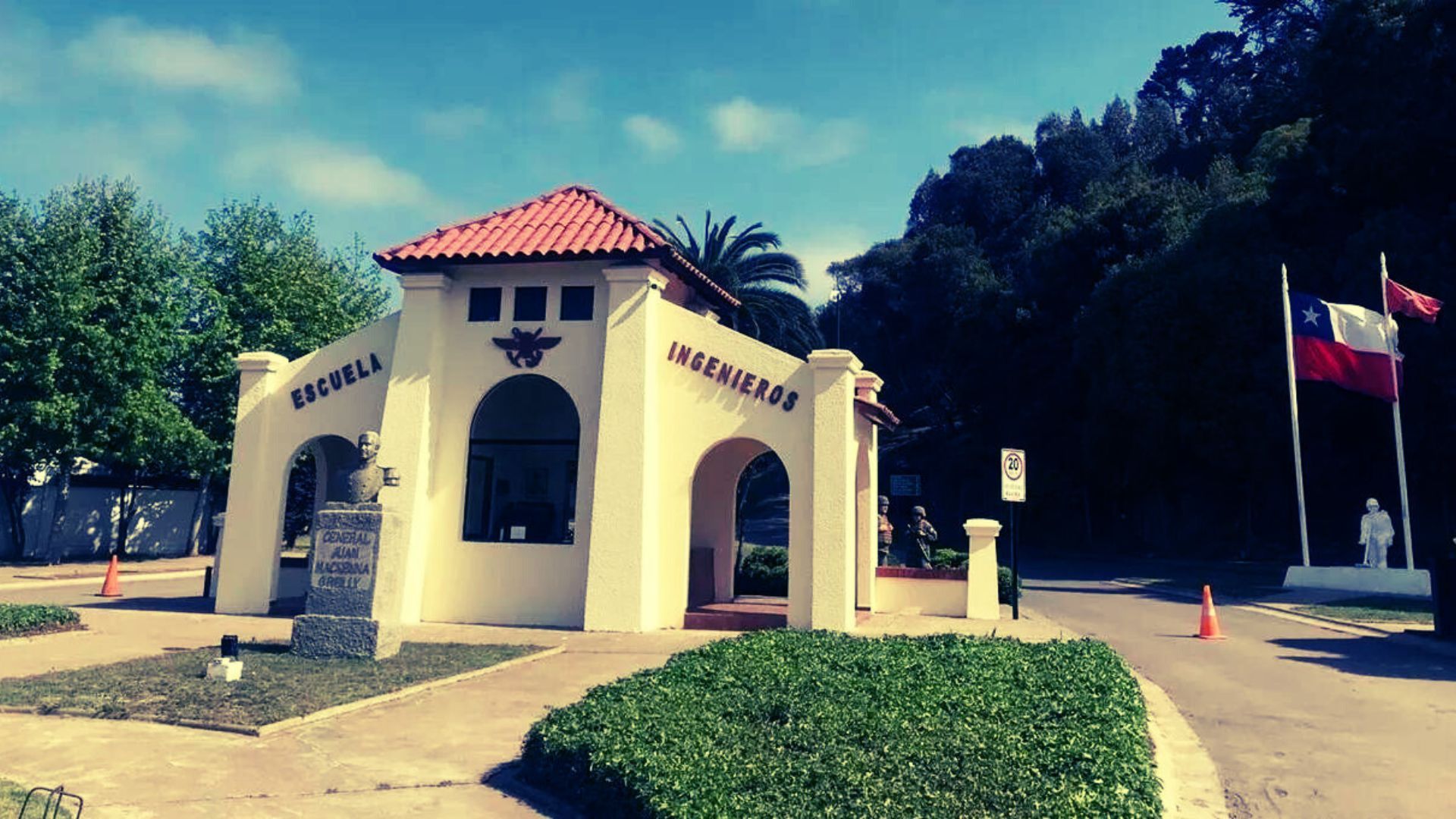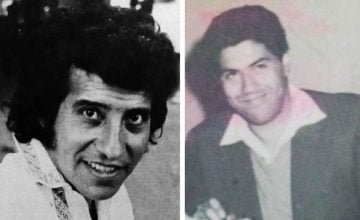Chile’s Supreme Court has upheld the ruling that sentenced a former Army officer to 20 years in prison for the aggravated homicide of trainee Cavalry School soldier J.A.F.Z., who in June 1975—during the dictatorship of Augusto Pinochet—was executed by an Army patrol in Quillota amid an alleged escape attempt.
In a unanimous decision, the Supreme Court’s Second Chamber—composed of Justice Manuel Antonio Valderrama, Justices María Teresa Letelier and María Soledad Melo, and attorney members Pía Tavolari and Eduardo Gandulfo—rejected a substantive cassation appeal filed by the defense against the January 2024 judgment issued by Special Visiting Minister Max Cancino Cancino, which sentenced E.E.S.A. to twenty years of imprisonment in its maximum degree, plus ancillary legal penalties, as the direct perpetrator
of the aggravated homicide of J.A.F.Z.
Regarding the appeal submitted by the retired officer’s lawyers, the Court noted that “the challenge centers on two military exculpatory circumstances that, in the defense’s view, are present in this case: first, Article 410 of the Code of Military Justice, which provides: ‘In addition to the established exemptions from liability, it shall be an exculpatory cause of criminal liability for members of the Carabineros to use their firearms in self-defense or in the immediate defense of another person whom, by virtue of their position, they must protect or assist.’ As to the second exemption, it corresponds to the first paragraph of Article 411 of the same code, which states: ‘A Carabinero shall also be exempt from criminal liability for using firearms against a prisoner or detainee who flees and does not heed orders to stop.’”
However, it held that both provisions require factual circumstances that, contrary to the defense’s argument, “were not established by the trial judges because, as is clear, at no time did the victim seize any firearm from his guards.”
“Accordingly, there is no indication of how he could have endangered either the convicted officer or any other person, as the cited provision requires. The same applies to the alleged escape, which underpins the second exemption. As established, it was merely an alternative account presented by the detail to military justice and was never proven, which means the asserted exculpations lack a factual foundation to support them; therefore, there is no error in dismissing them,” the ruling stated.
With respect to the circumstance in the second paragraph of Article 411 of the Code of Military Justice—which allows mitigation when the facts “show there was no rational need to use firearms to the full extent apparent,” and permits courts to treat it “as a simple mitigating factor and reduce the sentence by one, two, or three degrees”—the Court determined that “the victim’s death resulted from a deliberate action whose sole objective was to end his life.”
“At no time were the military personnel’s physical integrity at risk; rather, this was an execution outside any legal framework, constituting the crime of aggravated homicide. It was therefore correct to reject this mitigation rule,” it concluded.
In addition to denying the defense’s cassation appeal on the merits, the high court also upheld, in the civil sphere, the judgment that rejected the State’s statute-of-limitations defense and ordered total compensation of $825,000,000 for moral damages to the victim’s family.
The killing of the soldier who was pulled from the vehicle and shot by another serviceman
In the underlying judgment, the special visiting minister for human rights cases at the Valparaíso Court of Appeals, Max Cancino Cancino, established the following facts:
“On June 11, 1975, J.A.F.Z., a 27-year-old former trainee soldier at the Quillota Cavalry School who was being held in pretrial detention for a common crime at the Santiago Public Prison, was removed from that facility at 10:35 p.m. by a military patrol composed of members of Quillota’s CIRE (Regional Intelligence Center), primarily under the command of two officers of the Chilean Army, to transfer him to the Military Prosecutor’s Office of Quillota to take his statement as an accused. Approximately two vehicles belonging to that agency participated, and en route between Santiago and Quillota, when the convoy neared the latter city, it stopped at bus stop eight on the International Road, near the Chacra Victoria, at which point the uniformed personnel ordered J.A.F.Z. to get out of the vehicle. There, a few minutes later, he was struck by two gunshots, one to the chest and one to the abdomen, both fired from back to front, which caused his death.
Subsequently, the members of the detail told the military judicial authority that the detainee had allegedly tried to escape.”
